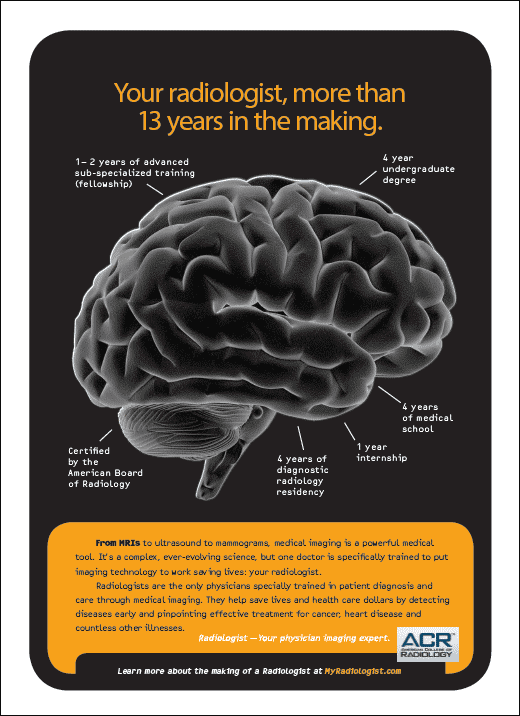So you are saying it's better to fight other physicians for turf than to reclaim our control over intra-operative management?
Instead of fighting the nurses who are presenting themselves as the anesthesia providers of the future, and instead of affirming that no nurse should administer anesthesia without the supervision of an anesthesiologist, we should find new areas where we can practice some new form of anesthesiology peacefully?
That's exactly what the ASA wanted when they agreed that a CRNA can be supervised by a "physician" not necessarily an anesthesiologist.
No, of course not. Then again, there aren't other physicians fighting to deliver anesthesia in the OR, either, so this is a bit of a false dichotomy.
What I think is not in dispute:
1) ASA 1-2 can probably be safely staffed by CRNAs with appropriate-ratio anesthesiologist oversight. Higher acuity cases merit an anesthesiologist providing care directly. THIS IS AN ISSUE WE SHOULD BE FIGHTING TOOTH AND NAIL.
2) The specialty has been substantially diluted by the ASAs lack of effort, and, as others have pointed out, muddy motives on the part of the society's leadership and many in PP who have gotten rich along the way.
3) We keep turning out more and more anesthesiologists.
4) There is an intensivist shortage.
When I add up 1-4 I don't see a strong case for PSH and trying to steal food out of the mouth of the hospitalists (unless you really believe that it will somehow protect us when bundled payments come... And I don't. Anesthesiologists will just have ended up doing more work for the same/less money). I do, however, see a compelling case to encourage push the future of the specialty towards training intensivists.
Half tongue-in-cheek, but nobody calls an intensivist doc "hey ICU". I think this says a lot.
PS - the ultimate ad campaign would be to have a picture of Bill Clinton with a caption like "Even though Bill Clinton's mom was a nurse anesthetist, when the president had surgery, he chose a physician anesthesiologist." Make the point unequivocally -- when you want the highest possible odds of a good outcome (and everyone going in to the OR does), there's one "right choice".


